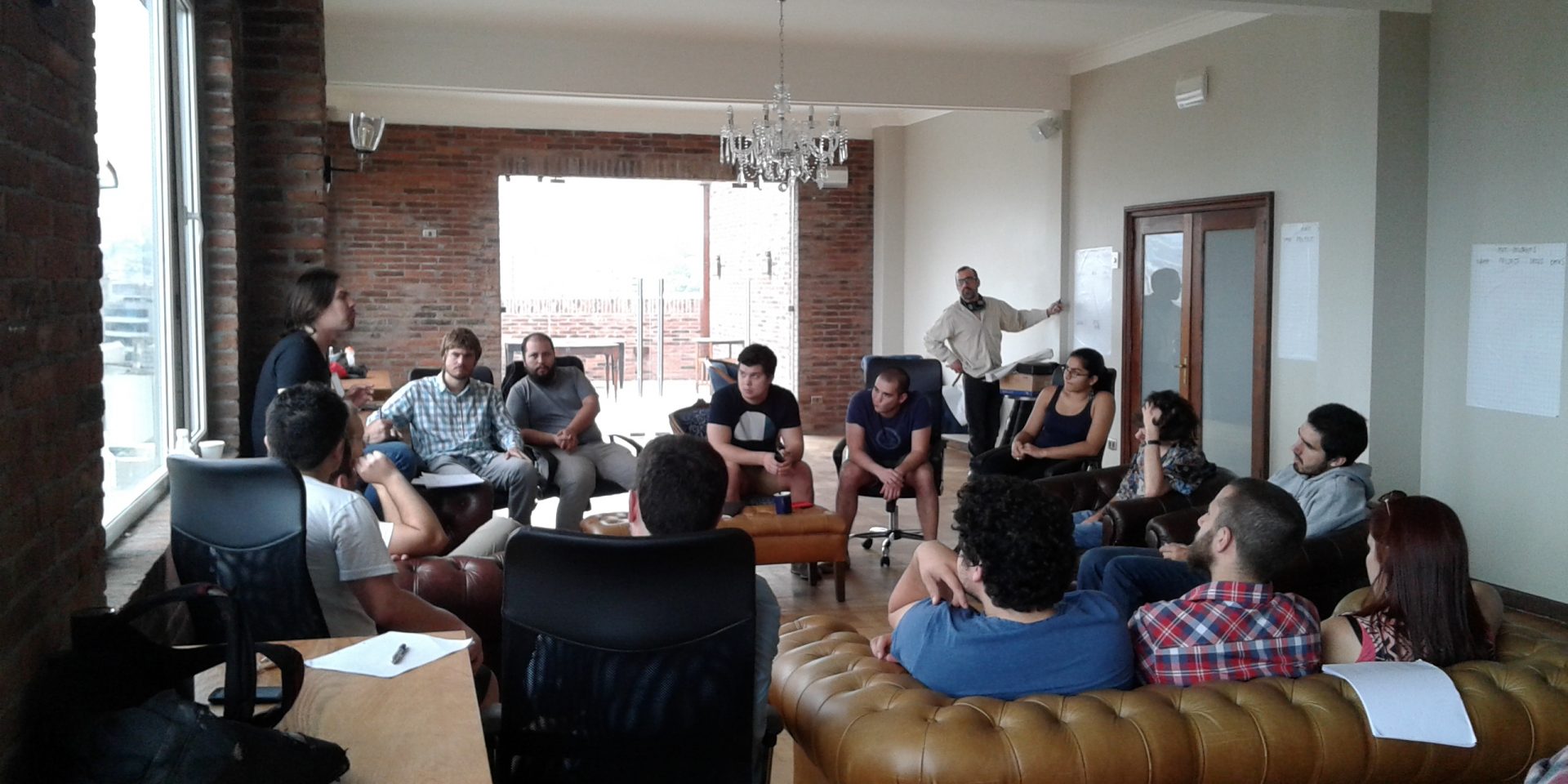
P. Soto-Icaza, F. Aboitiz, and P. Billeke. Front. Neurosci. DOI: 10.3389/fnins.2015.00333
ABSTRACT
Social skills refer to a wide group of abilities that allow us to interact and communicate with others. Children learn how to solve social situations by predicting and understanding other’s behaviors. The way in which humans learn to interact successfully with others encompasses a complex interaction between neural, behavioral, and environmental elements. These have a role in the accomplishment of positive developmental outcomes, including peer acceptance, academic achievement, and mental health. All these social abilities depend on widespread brain networks that are recently being studied by neuroscience. In this paper, we will first review the studies on this topic, aiming to clarify the behavioral and neural mechanisms related to the acquisition of social skills during infancy and their appearance in time. Second, we will briefly describe how developmental diseases like Autism Spectrum Disorders (ASD) can inform about the neurobiological mechanisms of social skills. We finally sketch a general framework for the elaboration of cognitive models in order to facilitate the comprehension of human social development.
Keywords: social skills, social cognition, development, childhood, Autism Spectrum Disorders, EEG, fMRI, social brain
![]()
Do not disseminate/print without permission of copyright holder.